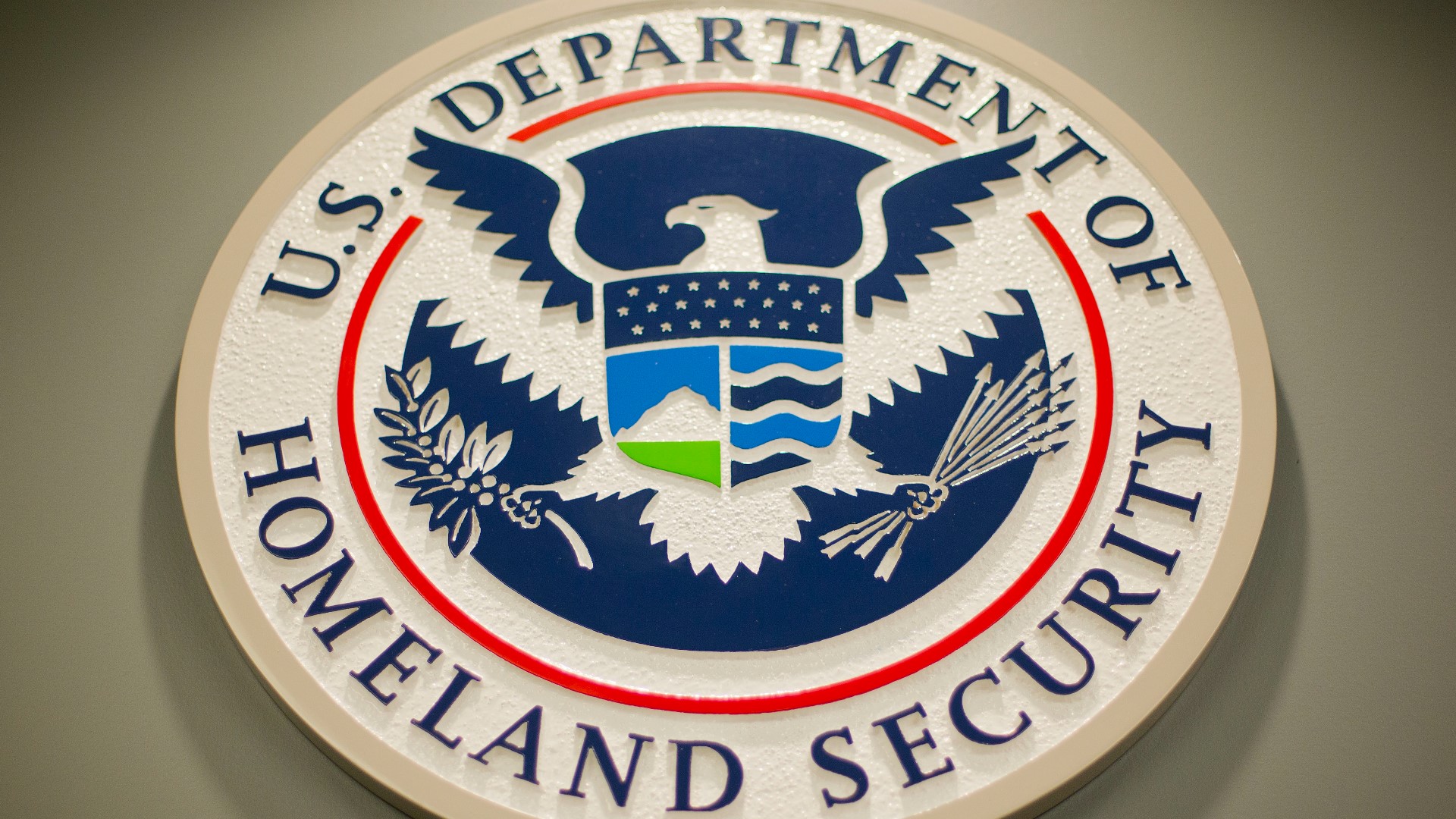Biden administration creates Disinformation Governance Board
Supporters say it will fend off Russian disinformation efforts. Critics call it "dystopian" and a threat to free speech in the United States.
AP Photo/Pablo Martinez Monsivais, File

The U.S. Department of Homeland Security on Wednesday announced the formation of a Disinformation Governance Board that the federal government claims will fight disinformation.
It's part of a larger DHS effort to blunt Russian disinformation campaigns, but it would go further than that. It's also raising questions.
The Border and Russia
So, what will this new board do?
According to the Associated Press, the board will immediately work to combat what it describes as misinformation geared toward migrants, which the wire service says has helped fuel surges of people arriving at the U.S.-Mexico border. Specifically, the news agency says human smugglers have been spreading misinformation about border policies to drum up business.
Last September, for instance, confusion around President Joe Biden's immigration policies combined with messages shared widely across the Haitian community on Meta's Facebook and WhatsApp platforms led some of the 14,000 migrants to the border town of Del Rio, Texas, where they set up camp. Some were ultimately expelled and were flown out of the U.S.
At the time, Homeland Security Secretary Alejandro Mayorkas expressed fears that Haitian people were being sent false messages that the border was open. Supporters of the new board believe it could help minimize harm to minority communities.
“The spread of disinformation can affect border security, Americans’ safety during disasters, and public trust in our democratic institutions,” DHS wrote in a statement.
The department declined The AP's request for an interview.
The Disinformation Governance Board will be instructed to help fend off any Russian disinformation campaigns related to the war in Ukraine or the U.S. midterm elections. Russian state media outlets, social media accounts and government officials have recently used the internet to call photographs, reporting and videos of dead bodies and bombed buildings in Ukraine fake. The AP says these are the sorts of situations that the board will handle.
The Board and its Leader
The new board will be led by Nina Jankowicz, a disinformation researcher and global fellow at the Wilson Center – a think tank. According to her online biography, she has advised the Ukrainian government on strategic communications through a Fulbright-Clinton Public Policy Fellowship.
Her appointment set off alarms among some free speech advocates and in the conservative media. In an editorial, the New York Post dubbed Jankowicz "a veteran disinfo spreader" and pointed to her perpetuation of the Hunter Biden laptop story. As The Atlantic explained in a recent analysis, many of the emails at the center of that story – which was originally dismissed by much of the mainstream media – have since been verified by legacy newspapers like The New York Times and The Washington Post.
In a series of tweets, journalist Glenn Greenwald, whose reporting on the Edward Snowden story helped The Guardian win a Pulitzer Prize, expressed concern about the Department of Homeland Security's creation of the board in the first place.
"That the Biden Admin casually announced today that the Dept of Homeland Security -- a domestic security agency -- has created a 'disinformation' board is indescribably dystopian and chilling," Greenwald wrote. "That Democrats think this is good and normal tells you all you need to know about them."
Democratic leaders are largely standing behind it. The White House has defended the creation of the board from the press briefing room, though it has not released much information about the matter.
"I really haven’t dug into this exactly," White House Press Secretary Jen Psaki said in response to a question from Fox News correspondent Jacqui Heinrich about what the board's authority and mission would be. "I mean, we, of course, support this effort, but let me see if I can get more specifics."
"We know that there has been a range of disinfo out there about a range of topics — I mean, including COVID, for example, and also elections and eligibility. But I will — I will check and see if there’s more specifics," Psaki said Thursday.
Disinformation vs. Disparate Treatment
During the 2020 presidential campaign, Biden repeatedly said he would push tech companies, including Facebook, to crack down harder on misinformation and conspiracy theories. But a number of critics have argued that the enforcement by social media giants has been one-sided. For instance, Elon Musk, who revealed he was buying Twitter this week in a $44 billion deal, has described himself as a "free speech absolutist" and vowed to level the playing field on the platform.
Many conservatives have already been frustrated by how social media companies classify misinformation. And, they worry that a new government board that could decide what is and isn't acceptable online speech could set a dangerous precedent. Dozens of Republican lawmakers and pundits took to social media on Wednesday to widely criticize the federal Disinformation Governance Board and call for it to be disbanded.
"It's not the Department of Homeland Security's place to decide what is true and what's false," Florida Gov. Ron DeSantis' press secretary Christina Pushaw tweeted. "I can't believe this even has to be said."
For his part, DeSantis dubbed it a "ministry of truth" and said Florida rejects the board's creation.
DHS stood by the board, writing in its initial statement that the newly-formed group would “protect privacy, civil rights, and civil liberties” as part of its duties.
Amanda Seitz at the Associated Press contributed to this report.
